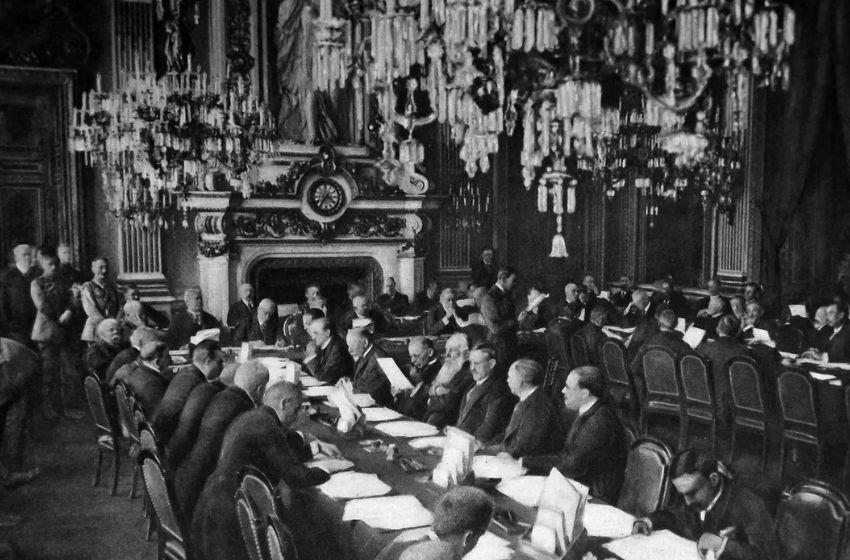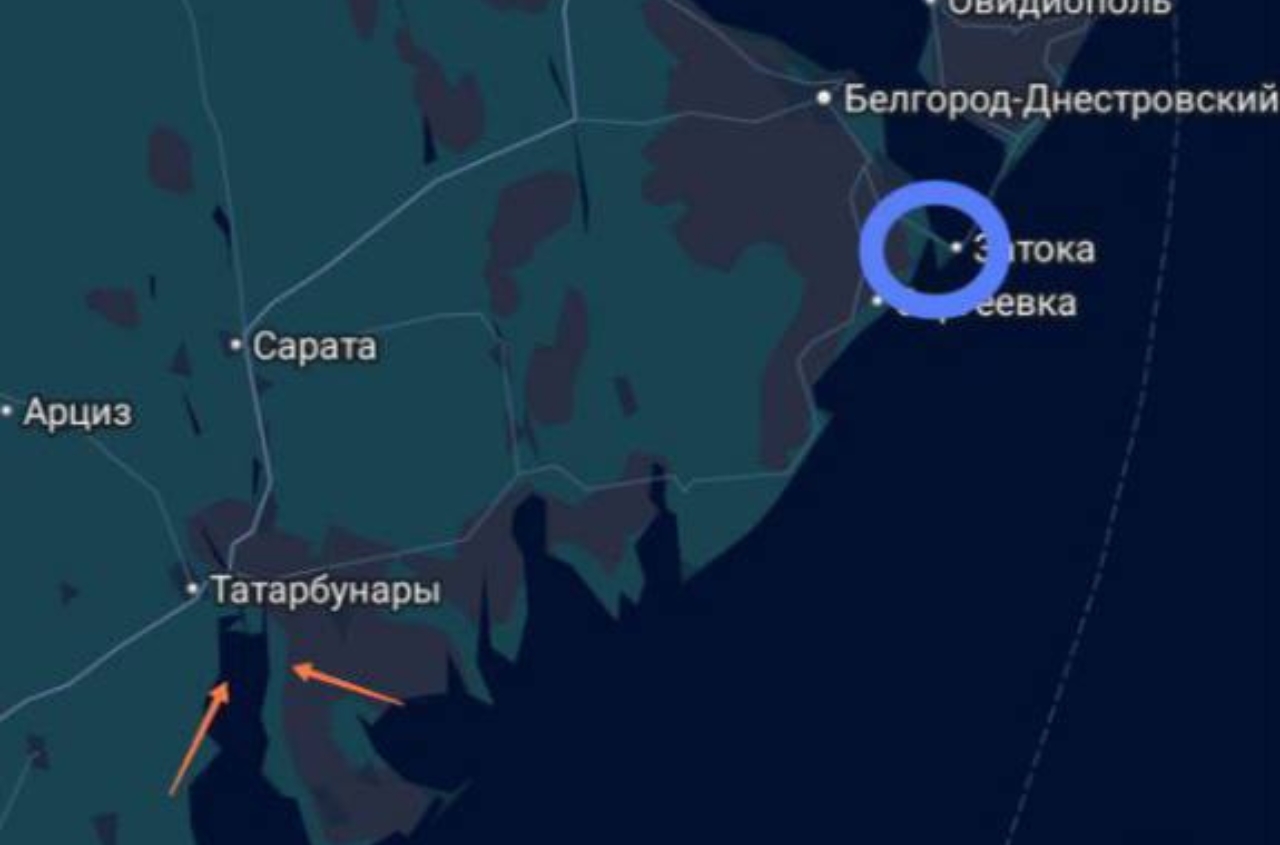By Prof. Fausto Capelli of the European College, University of Parma (Italy).
The so-called Peace Plan in 12 points recently proposed by the Chinese Government, to resolve the dramatic Ukrainian question, suggests the following reflections to a jurist who has had the opportunity to study in depth, over the years, the political-juridical events related to the process of European integration starting from the ECSC, the first European Coal and Steel Community (Paris, 1951), up to the approval of the Treaties on the European Union (Lisbon, 2007).
In fact, as was specified in a previous article (see The Odessa Journal, 28 January 2023) the process of European integration also began due to the need to resolve a dramatic issue, that of the Saar, the region passed several times, through the centuries, alternately under the rule of France and Germany, before finally becoming part of the Federal Republic of Germany in 1957.
Well, of the 12 points of the Chinese Peace Plan mentioned above, three, in particular, are of interest to the jurist who intends to compare the two situations, that of the Saar region and that of Ukraine, in order to be able to study the most relevant aspects in parallel.
The first point, which is especially relevant, is point n. 1 according to which Russia, in compliance with the UN Charter and with the principles of international law, must respect the territorial sovereignty of Ukraine. This means that Russia must recognize not only the sovereignty so far exercised by Ukraine over the territories of Donbass, but also over those of Crimea. This acknowledgment acquires particular value in relation to Ukraine because, even if many ignore it, Ukraine was a founding member of the United Nations (UN) in 1945, despite being part of the Soviet UnionÂ.
Even if we can admit that the scope of point no. 1 could be mitigated by the joint application of other points of the Peace Plan, it is certain, in any case, that the formal commitment resulting from the written text in relation to the respect of territorial sovereignty by Russia, appears indisputableÂ.
At this point, in order to be able to start peace negotiations towards concrete objectives, Ukraine should undertake a commitment, even a substantial one, to participate in the organization of a referendum, under the control of the United Nations, within a certain number of years from the 'start of peace negotiations, to allow citizens originally living in the disputed territories (Crimea and Donbas), to decide their own destiny, i.e.: membership of Russia or Ukraine, or, alternatively, search for an autonomous solution albeit in connection with the two aforementioned states.
The second point of the Peace Plan to be considered relevant is n. 3, according to which the belligerent states must "cease fire and stop fighting".
Should negotiations start in the direction just indicated, it appears necessary to apply point n. 3 which requires quick and effective decisions to make possible the cessation of hostilities under the control of the representatives of the United Nations who must be enabled to operate freely both within Russia and within Ukraine.
Once a surely reliable agreement on the cessation of hostilities has been reached, it would be possible to start the reconstruction program referred to in the third point to be considered decisive, namely point n. 12 of the Peace Plan: "Promote post-war reconstruction".
The implementation of the provisions of point no. 12 should be strictly followed and controlled by an international Commission appointed by the United Nations of which Russia and Ukraine must be members. The International Commission could be based in Odessa for understandable logistical reasons.
The first decisions within the competence of the International Commission could concern:
- evaluations and estimates of the amounts necessary for the reconstruction of the destroyed areas and for the restoration of activities in the same areas.
- establishment of suitable criteria for bringing back to their original areas the populations that have abandoned them because of the conflict;
- organization of a sort of "Marshall Plan" in which all the States belonging to the United Nations should participate;
- indication of the deadline within which the reconstruction and recovery operations should be completed.
Concurrently with the adoption of the aforementioned decisions, the International Commission should specify the modalities of execution of the aforesaid referendum in consideration of its importance. In this regard, the date by which the referendum must take place appears decisive, since it will be necessary to take into account all the conditions capable of exercising an effective influence on the citizens, who will be called to express their vote.
All the other points of the Chinese Peace Plan undoubtedly concern topics that require careful and scrupulous examination but, in any case, each of them could find an adequate solution, if the objectives indicated in the three points analysed and discussed above were to be correctly achieved.





















